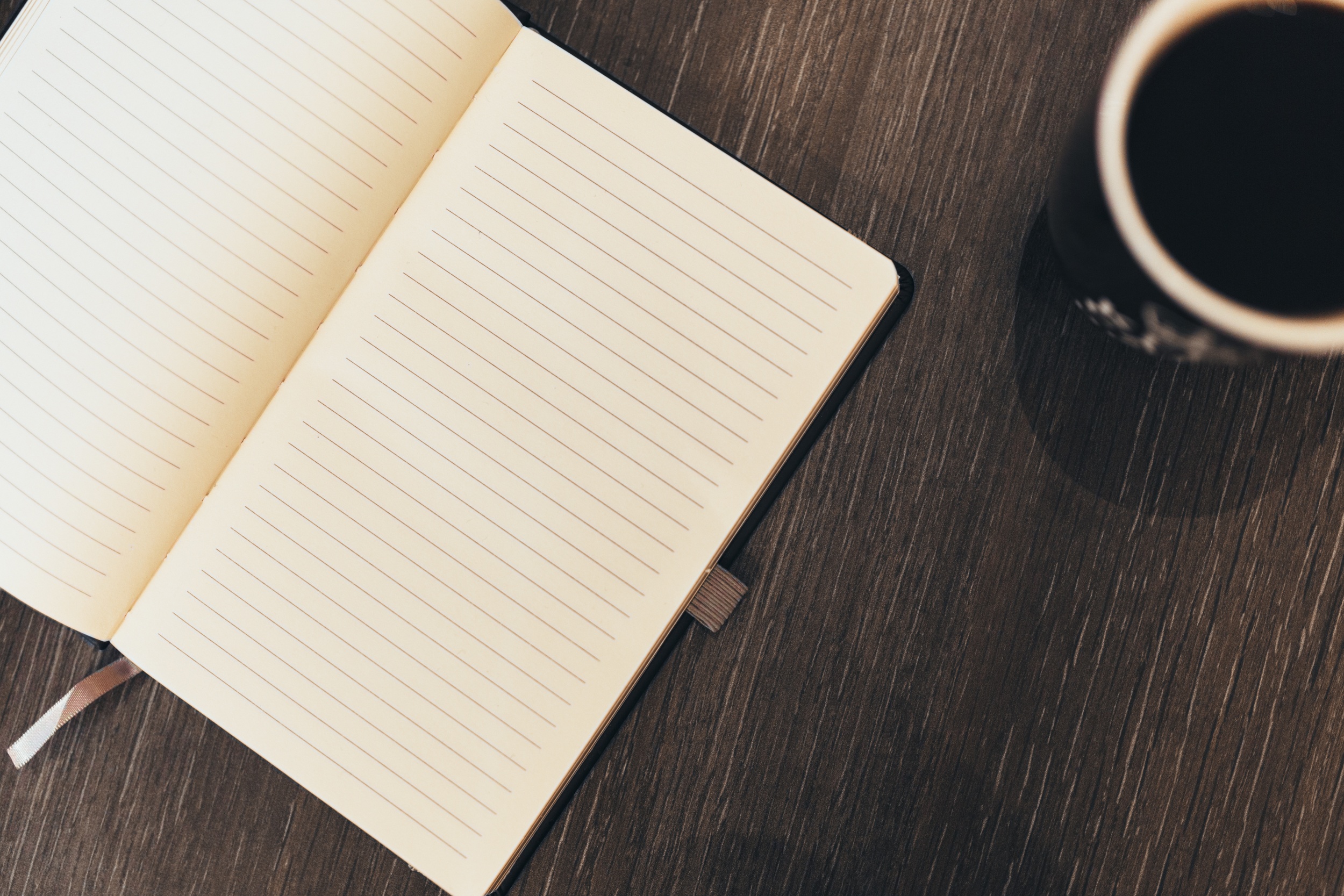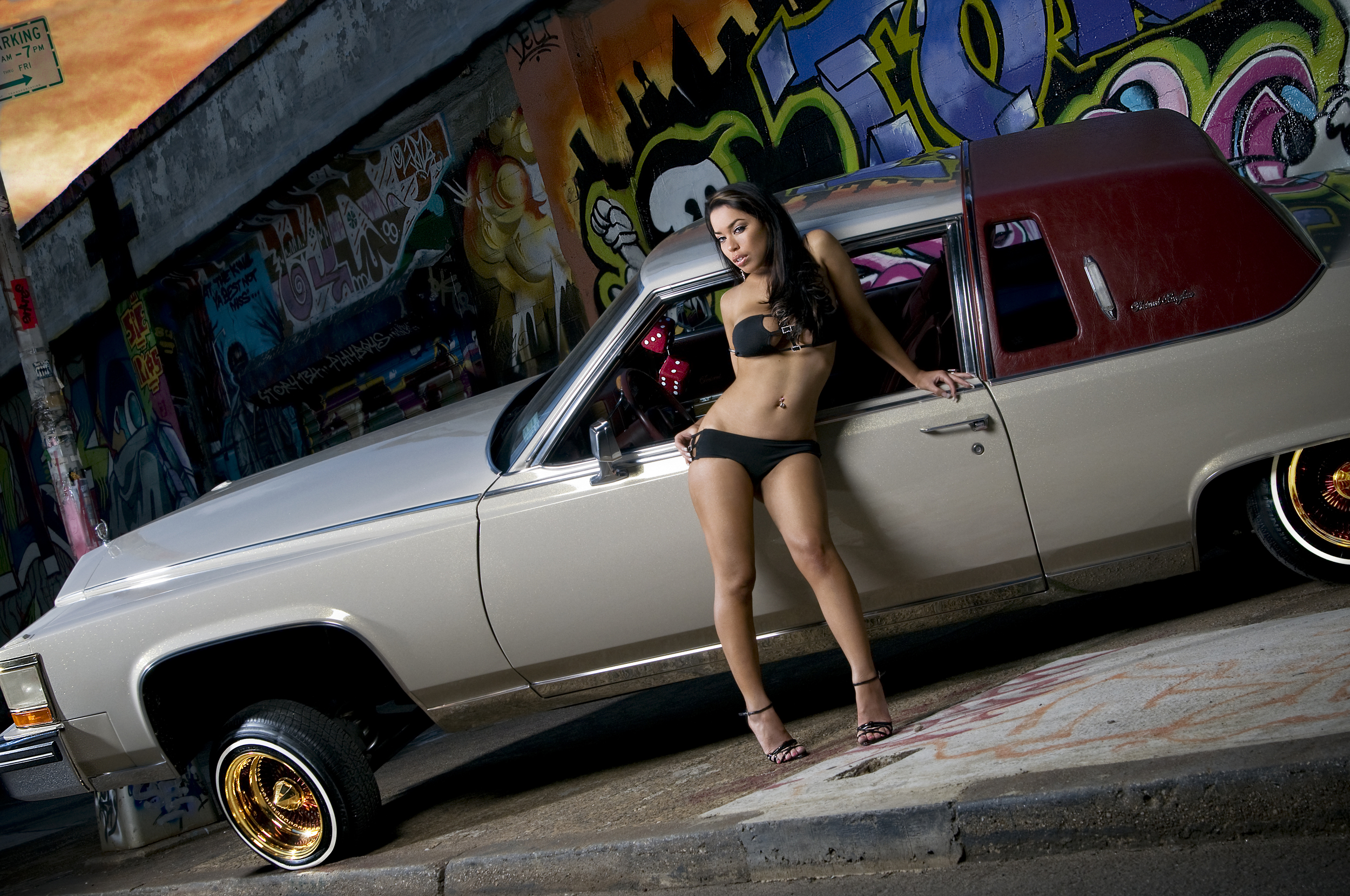In this post I’m going to teach you why you should focus on branding first using sailing as a metaphor. I’ll also link to extremely valuable resources to help you define your brand.
Of course if you’re reading this odds are you’ve already started a business. Maybe you’re like me and you’ve been doing it for years. Does this article still apply to you?
Of course!
Why?
Because you can instantly change the course of your business and choose a direct tack that will lead you where you really want, and need to go.
If you could have another chance at a fresh start with your business it should begin with researching, architecting and building your brand. Though, many entrepreneurs (including yours truly) tend to be the ready, fire, aim type in which case you’ve probably already built a business that works to a certain extent. That’s awesome! I’ll get to you lot in a bit.
So why work on branding first?
Simply put, a brand isn’t just who we are, it’s who we want to become.
A brand is a goal on the horizon. If running a business is sailing a boat on uncharted waters then defining a brand is choosing a rich and abundant port to end your journey.
Without a clearly defined brand you’re destined to spend your seafaring life fighting tropical storms and drifting East and West, lost at sea. When a major wave comes over the bow in the form of a new competitor in your market who is stealing share left and right you won’t know how to respond or why you should in the first place.
After the tumultuous fight is over and you wake up to a red sunrise you know the challenges aren’t over and you’re not even sure why the hell you’re floating out here all alone anyways.
If you’ve felt like this in business then you’re like so many others. The good news is you can actually start this process whenever you like and reap the rewards immediately. Of course the longer you take to define your brand the further out to sea you’re planning to go before finding yourself lost.
Imagine instead you have a clearly defined brand in place. You’ve studied the globe and chosen a rich port in a tropical climate half way around the world. A country where the people will happily take you in, exchange goods with you, entertain you and care for you for the rest of your days.
So how do we get started?
The first step in branding is to clearly define your buyer personas.
Go back to your captains quarters and imagine spinning the globe daydreaming where you’d like to end up. What kind of people do you want to spend your life with as a sailor at port?
These are the people of your personas.
Why should we define personas?
Traditional marketing called for a brand that was simply creative or clever. Something memorable and perhaps cute. Then companies became clever through the guerrilla marketing era and began crafting brands that separated them from their competition, creating a clear gulf.
An example of this is seen during the rise of Intel. Prior to what some of us remember as the Pentium 1, computer microprocessors were named with numbers like 186dx, 286dx, 386dx, etc. At that time there were literally thousands of manufacturers of these processors and they were all scrambling to gain market share. When Intel announced the Pentium 1 processor 90% of the market disappeared seemingly overnight and were never heard from again. That’s the power of a good brand.
The past 60 years has seen the branding geniuses of Ogilvy & Mather and other admen, the tactics of which have been tirelessly played out.
While traditional branding still exists and thrives to this day we have access to deeper amounts of qualitative data on consumers and businesses allowing us to build more detailed profiles than ever before. Now our brands can be made to represent an umbrella that houses multiple personas that are served by the brand.
Ultimately you need personas nowadays if you want to succeed online and furthermore if you’d like a tight and relevant brand.
How do we define personas?
Right now you’re on your home continent unable to do business with this distant culture. So first you need to get in touch with them (carrier pigeon perhaps?) and survey them as a stranger from faraway lands. You need to find out who they are, what they value, what they’re like, what they want and need, what is their day-to-day life like?
These are all elemental questions in buyer persona development.
You shouldn’t start by asking your existing clients and customers these questions, because they’re right here lost at sea with you. If you just want more of this lost at sea business then define your personas that way, but seldomly will those who are lost provide good direction.
Instead you should start by surveying people who you think would buy from you, but whom don’t know you and aren’t familiar with your brand. These are the people in this rich port across the blue.











